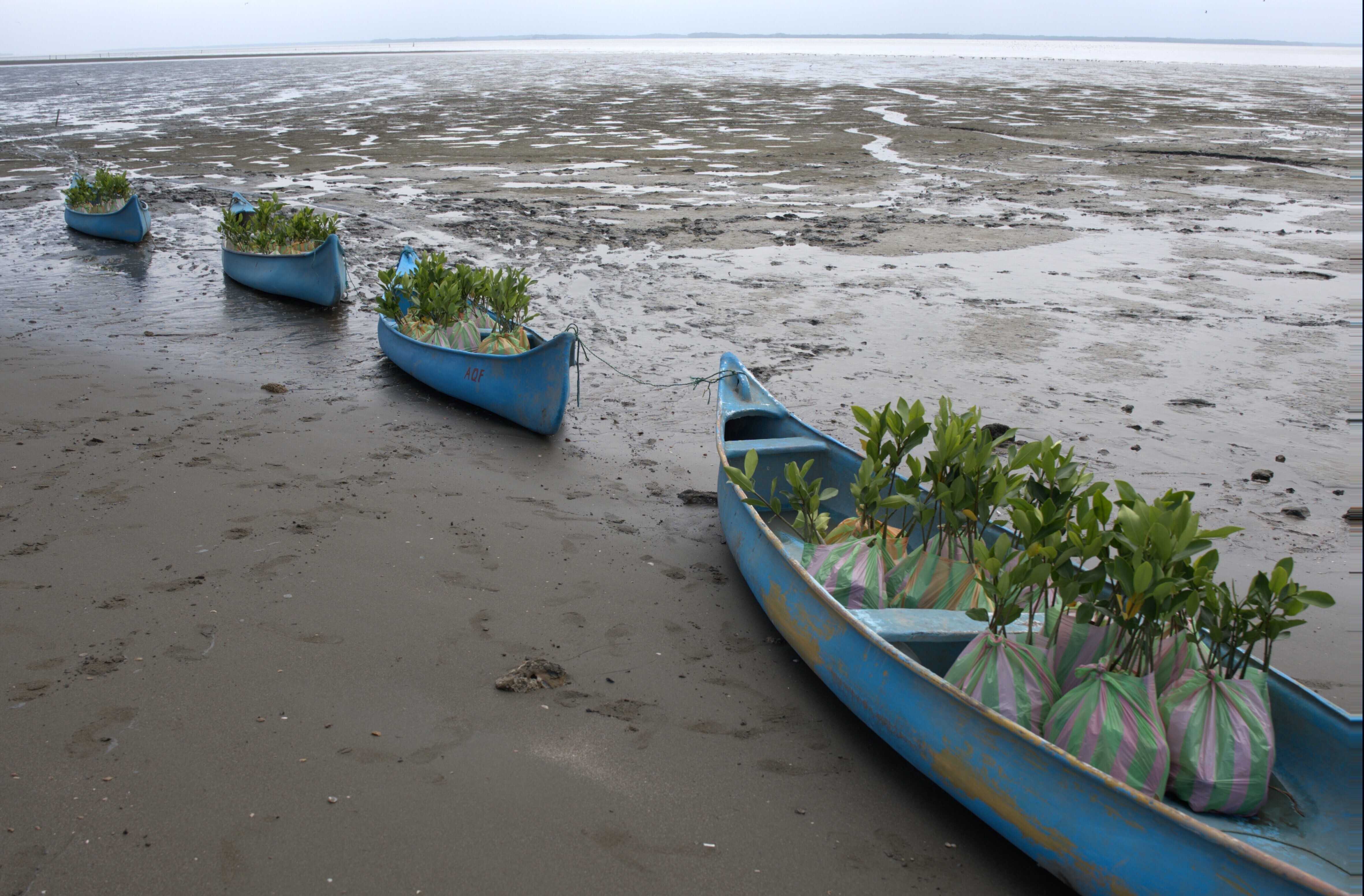Why creating a sustainable economy is in our hands

A week ago, The Purpose Business hosted a breakfast briefing on the Global Goals. We invited 50 forces for good in commercial Hong Kong and they came in numbers. They were primarily heads of sustainability of some of the city’s leading companies. Our goal was simple: we wanted to get these companies to frame their sustainability initiatives to support the Global Goals.
The vibe was positive and the takeaway, we were told, included a feeling of relief that the Global Goals did not require working on something new. All a company needs to do is take their sustainability strategy and align it with the goals.
In fact, every single company already listed on the Dow Jones Sustainability Index, either by producing reports aligned with the Global Reporting Initiative or as signatories to the UN Global Compact, is already supporting the Global Goals – whether or not they communicate the goals externally.
Perhaps supporting the Global Goals seems easier for business – because of resources, regulations, compliance and a host of other reasons. Still, businesses, especially those that directly sell products and services, are in fact driven by a larger force: what the consumer wants.
This is what Goal 12 is all about: “Ensure sustainable consumption and production patterns” – and of course all of society’s personal habits and choices affect how successful this goal will be.
Let’s start by thinking about how we consume.
We need to eat. Three times a day is the norm, but we know that over one-third of the world’s population does not even get one meal a day. We need to be able to travel conveniently, but perhaps idling cars and smoke-belching vans are not an efficient use of energy. If we think about what we need versus what we want, they don’t normally align.
The how and why of consumption is directly proportional to the purchasing power of an individual. We can afford it, so we buy more. When we don’t want it, we bin it. Redress CEO Christina Dean in Hong Kong said that, in 2011, 217 tonnes of textiles were dumped into landfills daily. This is why she started the 365 day challenge, where she wore dumped clothes for a year to raise awareness of the issue. Brilliant and impactful thinking.
In the Philippines, fellow Young Global Leader Reese Fernandez started a social enterprise called Rags2Riches to train women to become artisans who create artful pieces from scrap cloth and indigenous materials. Today, over 900 artisans manufacture home collections and totes for everyday use.
Goal 12 isn’t asking individuals to stop dining out, shopping or flying first class. It’s simply asking us to revisit our personal consumption patterns and habits and become more conscious of their consequences.
By buying items in bulk such as detergents, personal care is not only cheaper in the long run, but it also reduces waste (compared to individually packed items) and instils a sense of discipline in terms of usage.
Over the next 15 years, Goal 12 aims to:
- Move towards sustainable management and efficient use of natural resources
- Halve per capita global food waste and reduce food loss along production and supply chains
- Substantially reduce overall waste generation through prevention, reduction, recycling and reuse
- Encourage companies, especially large and transnational companies, to adopt sustainable practices and integrate sustainability information into their reporting cycles
There is a whole range of targets for promoting sustainable practices and reducing wasteful consumption. To play your part, start simple. If you are a business, review your procurement practices, reduce waste or the use of chemicals where you can. Set targets on the efficient use of resources. Enhance transparency by integrating consumption and reduction in your reporting cycles. If you are an individual, reflect on the how and why of your consumption habits. Buy in bulk. Cook the entire fish. Upcycle. Swap clothes or explore thrift shops. BYOB – bag or bottle.
They’re small steps, but taken as a whole, they mean massive changes. The shift towards responsible consumption is on us.
Have you read?
Why the Global Goals are a golden opportunity for all of us
What will it take to achieve the Sustainable Development Goals?
Author: Patricia Dwyer, Founder and Director of The Purpose Business, Young Global Leader
Image: A customer purchases one of Carrefour’s new reusable bags at a Carrefour supermarket in Madrid September 1, 2009. REUTERS/Susana Vera
Don't miss any update on this topic
Create a free account and access your personalized content collection with our latest publications and analyses.
License and Republishing
World Economic Forum articles may be republished in accordance with the Creative Commons Attribution-NonCommercial-NoDerivatives 4.0 International Public License, and in accordance with our Terms of Use.
The views expressed in this article are those of the author alone and not the World Economic Forum.
Stay up to date:
Sustainable Development
Forum Stories newsletter
Bringing you weekly curated insights and analysis on the global issues that matter.
More on Sustainable DevelopmentSee all
Khadijah Alkadi and Rayan Alamoudi
November 24, 2025






